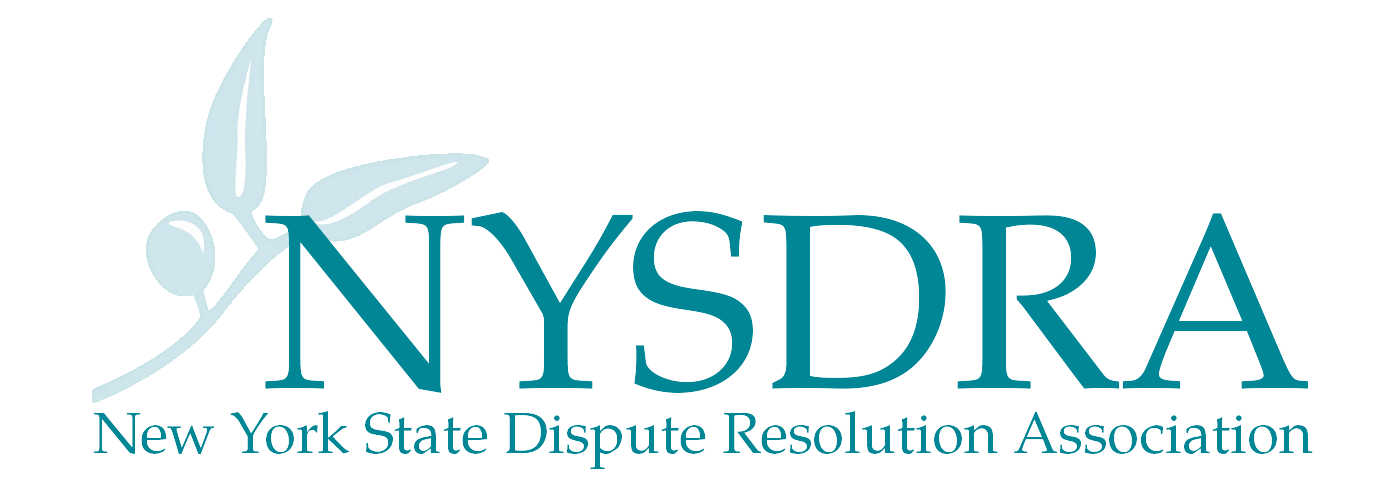NYSDRA RFP "Impact of Conflict on Individuals with IDD"
Researcher for Literature Review Proposal Due Date: August 31, 2020
Subject: The Sources and Impact of Conflict on Individuals with Intellectual and Developmental
Purpose of the Request for Proposals:
- Perform a thorough literature search of all relevant research related to the proposal;
- Prepare a literature review and synthesis listing trends that emerge, possibilities that may
- have been overlooked, research that shows promise and recommendations. Total length not to exceed
- 20 pages.
- Submit an annotated citation list
- Prepare a summary of knowledge gaps
- Participate in check in calls with UCS and incorporate feedback and input as appropriate
Educational background, knowledge and skills necessary to perform the literature review. In
addition, the researcher must be able to judge the rigor and scientific merit of research
publication by evaluating the experiment design, data collection procedure, statistical methods and
validity of conclusions drawn. The researcher must be able to understand referenced journals and
research articles and assess the value to include in the review.
The researcher must have a means for accessing the relevant research and technical publications for appropriate sources, including journals.
Communication skills to describe and explain the results of analysis in a well-written manuscript
with comprehensive citations. The researcher may also be asked to present a summary of the results to UCS stakeholders and partners.
B. Budget
for your proposal will account for all costs, including any direct costs and estimated
time frame to complete the work. Please consider the following tasks in the budget:
- Research and analysis
- Drafting the literature review and summary of knowledge gaps, Participation in up to four 90-minute
- teleconference meeting(s) Document finalization
The exact timeline for each task should be included as part of the submitted proposal. The desired
delivery date for a draft is November 6, 2020, pending agreement on the exact format of the
literature review, and the final draft review is desired by December 7, 2020.
Proposals are due August 31, 2020 by 5 pm and should be submitted electronically to: Alice Rudnick, arudnick@nycourts.gov
Questions about the proposal should be written and sent electronically to: Alice Rudnick,
arudnick@nycourts.gov
The submitted proposal should include:
1. Summary for your approach to compete the literature review and proposed timeline. (Narrative
not to exceed three pages)
2. Budget for the project. Budgets should not exceed $20,000.00
Please use the following table and add additional categories as needed:
| Category | Amount | Brief Explanation |
| Staffing | (hourly rate x # of estimated hours) | |
| Supplies | ||
| Equipment | ||
| Other |
3. Current resume or CV. If proposal includes a team approach, qualifications for the primary
members of team
4. Up to two writing samples written with in the last 5 years. Preference will be given to
articles published in peer review journals and/or literature reviews compiled for other purposes.
We will evaluate the qualifications and proposals submitted, arrange for interviews and negotiate
the detailed scope of work and final budget. Compensation may be based a fixed price or time and materials, depending on the final negotiated scope of the work and budget.
Background of the ADR CONNECTS Project
This program will reduce barriers to community involvement by supporting promising approaches that better enable individuals with ID/DD and their families to participate in community life. Mediation and other alternative dispute resolution (ADR) services have been shown to be effective processes to improve communication and resolve various types of interpersonal disputes. These processes empower individuals to express their personal feelings and needs; explore possible resolution on the terms of the parties involved; and have been found to reduce court involvement and maintain integrity of the relationship between the parties involved in the conflict 1
. Typically, people who have used ADR processes to resolve a dispute have expressed high rates of satisfaction with the process and outcomes, including feelings of empowerment and a sense of achieving their desired outcome(s) 2
.
The key strengths of this approach are the focus on individual empowerment, relationships, and
community building.
Individuals with intellectual and developmental disabilities (ID/DD) and their families face
complex barriers when seeking supports, obtaining employment opportunities, finding and sustaining adequate housing, seeking greater engagement in the community, practicing effective self-advocacy, among other challenges. Likewise, these difficult scenarios may also lead to conflicts between individuals, their families, and/or other members of the community.
ADR processes support self-determination, human rights, and quality of life, to meet the needs of
individuals with ID/DD with skills in managing conflict, maintaining relationships, and decision-making. While ADR services are employed within special education 3
, they have not been
readily used by the disability community in other life areas.
In order to meet the above objective, this grant will build capacity to respond to the unique needs
of those with ID/DD, and to support individuals to more fully participate in their decision-making
processes. NYS currently has a network of 62 Community Dispute Resolution Centers (CDRCs), serving residents throughout the state. The CDRCs are overseen by the court system, and form a network called the NYS Dispute Resolution Association. The CDRCs provide valuable alternative dispute resolution services to residents of all ages in their local communities. While some CDRCs have done local outreach to individuals with ID/DD, and some center staff have previous experience working in the ID/DD field, this grant will develop consistent education or training on disability awareness for CDRC staff and volunteers. The grant will support research, development, and implementation for CDRC Disability Awareness Training.
- https://www.americanbar.org/groups/public_education/resources/law_related_education_network/how_courts_work/mediation_advantages/
- https://www.k-state.edu/hcs/work-life/employee-relations/dispute-resolution/mediation/advantages.html
- https://www.includenyc.org/resources/tip-sheet/mediation-and-impartial-hearings
